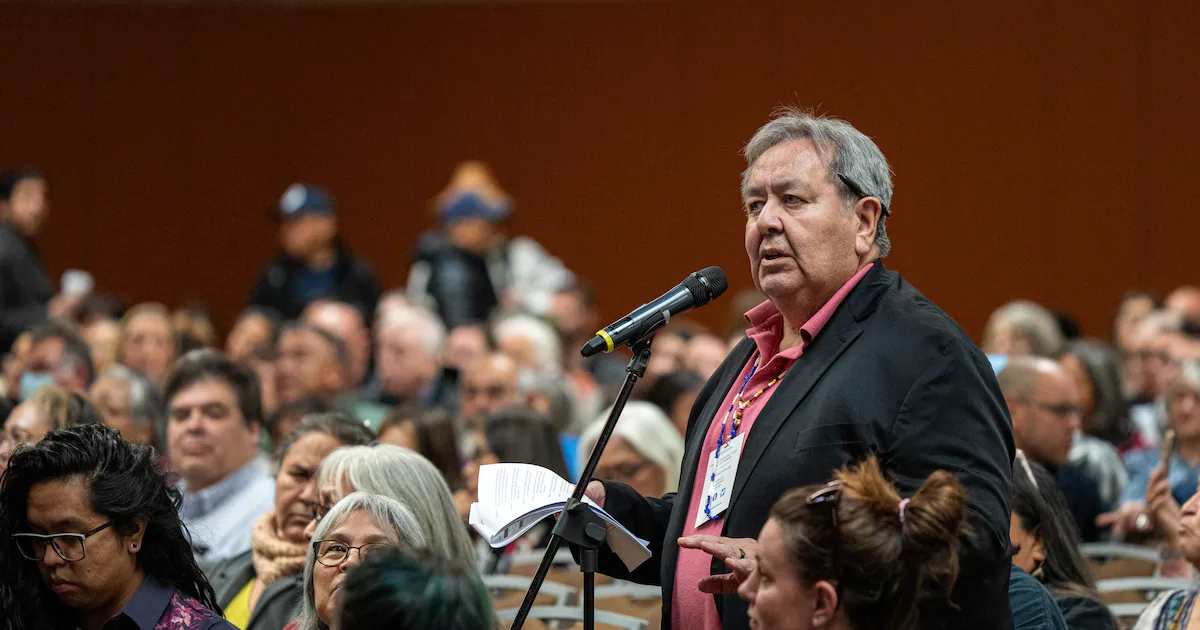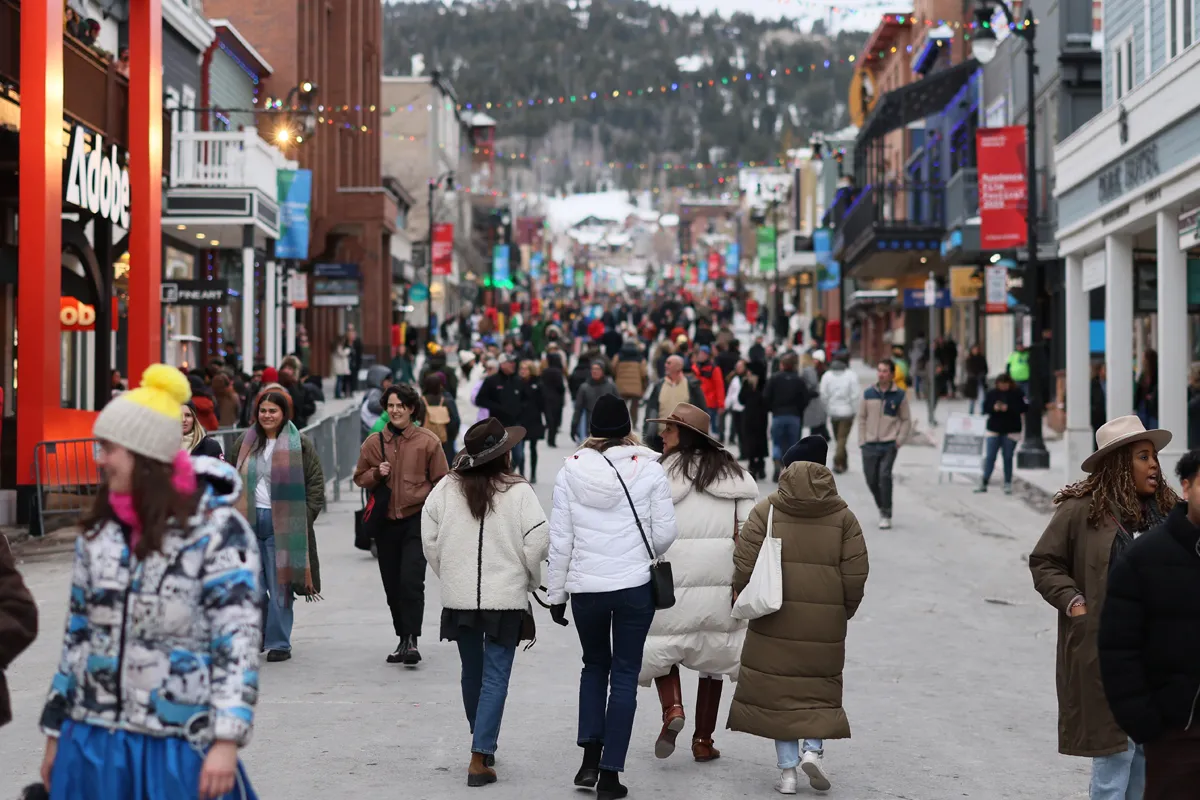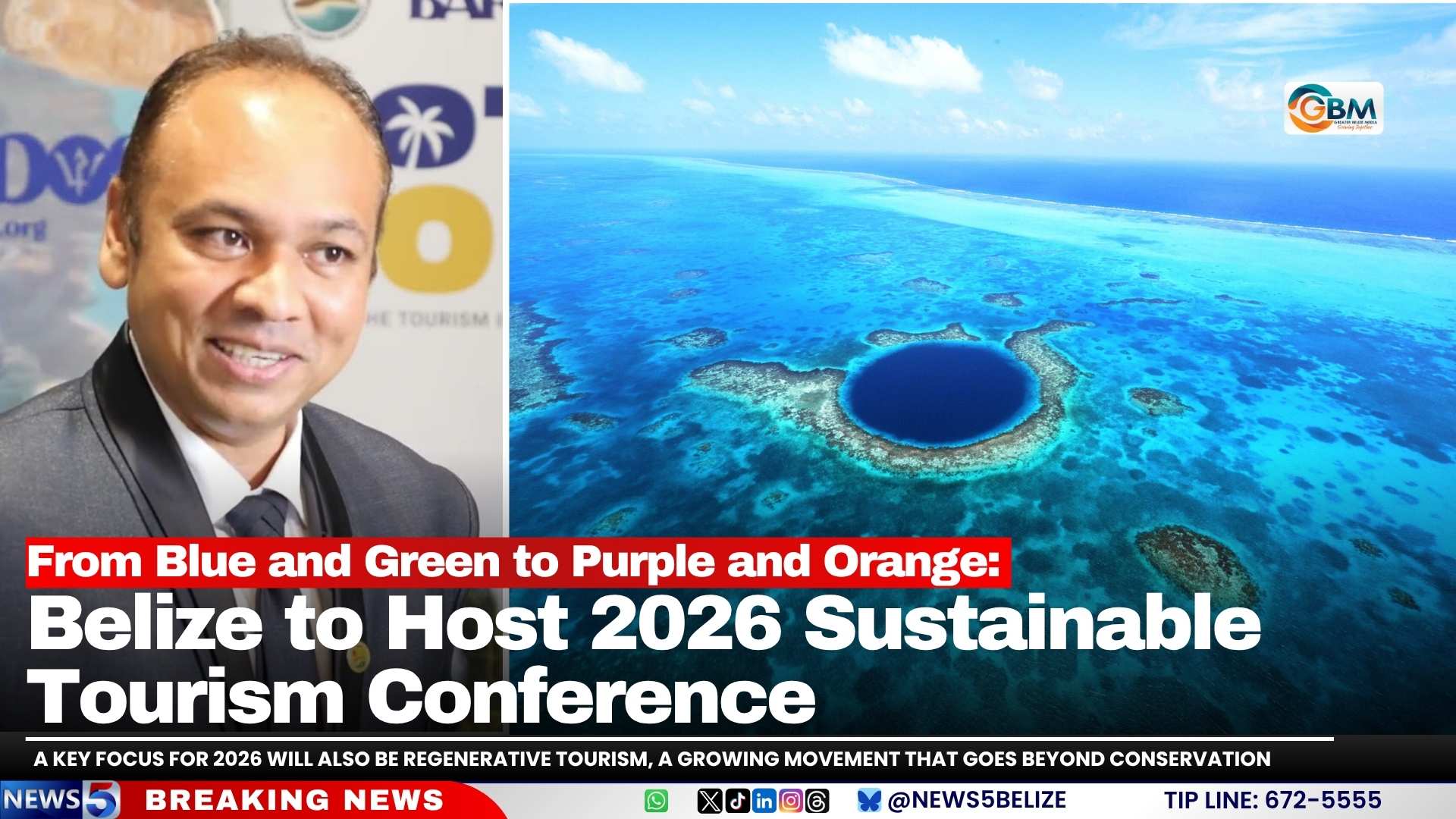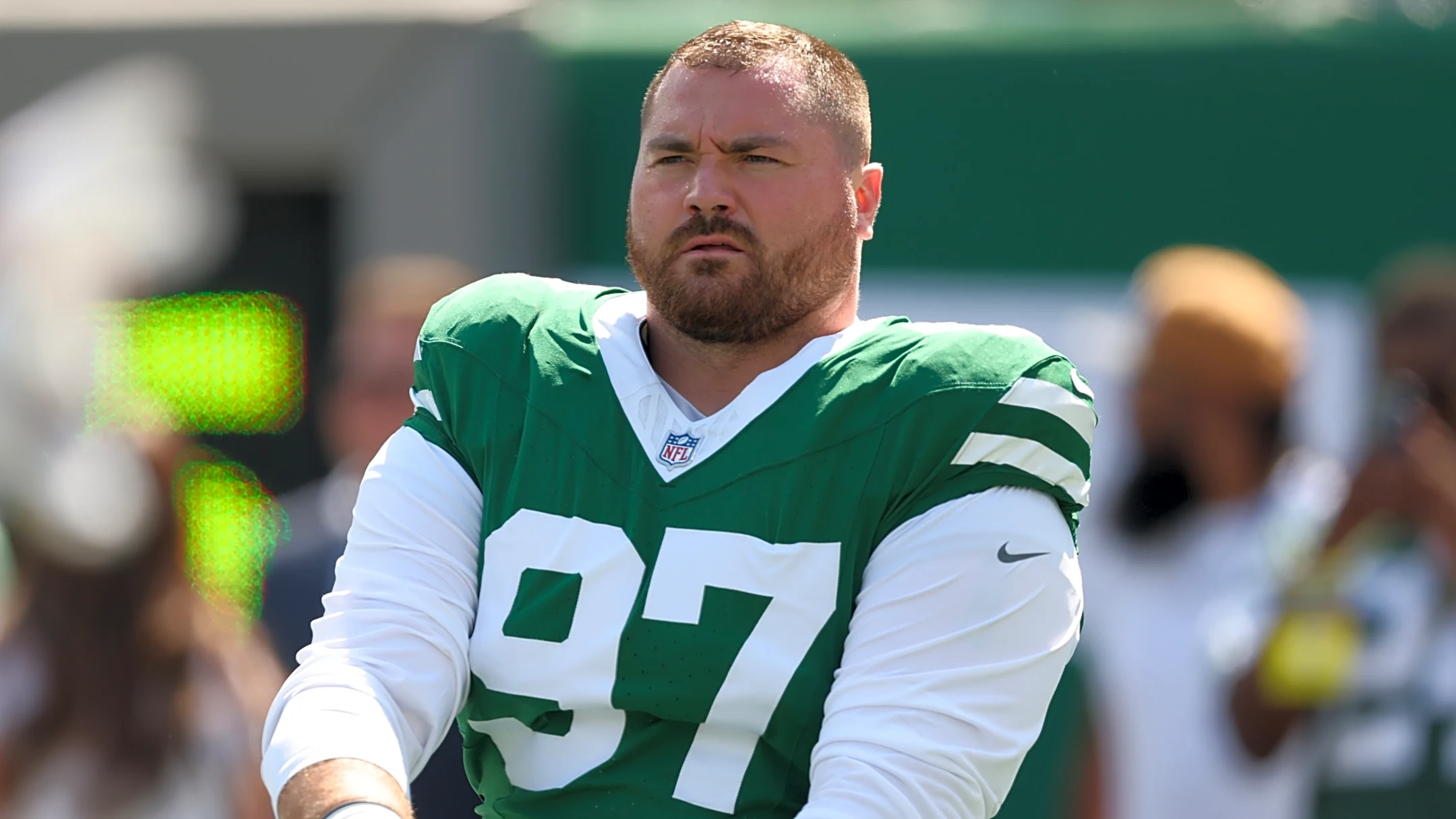Copyright Anchorage Daily News

What does it take for Alaska’s Indigenous communities to be heard? Apparently, not 12 years of consultation, not unified opposition and not even saying “no” — again and again. Eighty-eight tribes have said no — to Ambler Road, to CD8 lease sales, to the Willow Project, to Graphite One. These are not isolated protests; they are a pattern of clear, informed opposition rooted in generations of experience on the land. Yet time after time, their voices are dismissed. Even Doyon, Limited — a Native corporation long aligned with development — opposed the Ambler Road. That should have been a turning point. Instead, it’s been ignored. Now, Sens. Dan Sullivan and Lisa Murkowski have introduced and voted yes on S.J. Res. 63, a resolution under the Congressional Review Act that would nullify the Central Yukon Resource Management Plan (CYRMP), a plan that took more than 12 years to complete, involving consultation with tribes, residents, local businesses and scientists. It covers more than 13 million acres of public land — lands that are vital to subsistence, culture and climate resilience. This is not about improving the plan. It’s about erasing it, and with it, the public process and the tribal input that shaped it. The message is clear: “No” only counts when it doesn’t inconvenience industry. When oil, gas or mining are involved, “no” becomes “drill, baby, drill.” Our senators — both longtime recipients of millions in political contributions from oil and gas PACs — seem to have lost sight of whom they serve. They do not represent ExxonMobil or Conoco. They represent Alaska. Tribal sovereignty is not symbolic. Consultation is not a checkbox. “No” means no — and it’s time our elected officials start acting like it. Courtney Moore is the plastics and petrochemicals coordinator at Alaska Community Action on Toxics.



